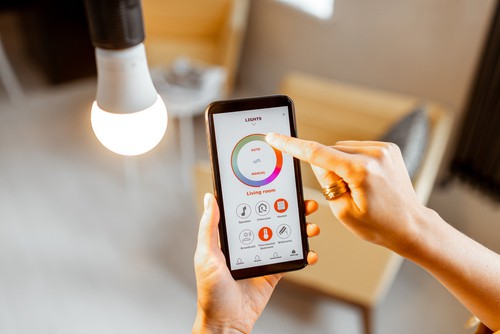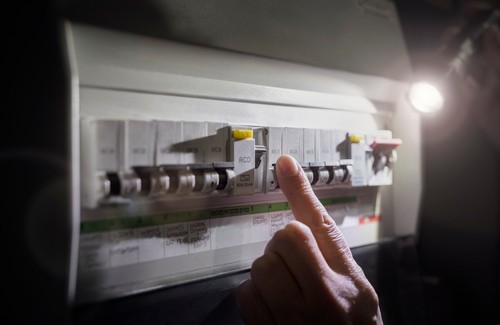
Why Do Electrical Emergencies Happen?
July 22, 2023
Planning Electrical Layouts for New Constructions
August 22, 2023How to Install Electrical Wiring for New Home Construction?

How to Install Electrical Wiring for New Home Construction
How to Install Electrical Wiring for New Home Construction? Building a new home involves a myriad of intricate processes and decisions.
Proper electrical wiring forms the backbone of a safe and efficient household, powering everything from lighting to essential appliances.
In Singapore, electrical installation standards are strict to ensure safety and reliability. Compliance with these standards is crucial and ensures that your electrical system can safely handle the demands of a modern home.
This article aims to provide a comprehensive guide for installing electrical wiring in new home construction.
It includes everything from initial planning to final inspection and certification. However, it’s crucial to note that a licensed professional should always perform electrical work.
Preparing for Electrical Wiring
Collaborating with Architects and Designers for Wiring Plans
Before the actual wiring installation begins, close collaboration between architects, designers, and electricians is essential to draft a detailed and functional wiring plan. This plan should account for every room and outlet to ensure that your home will be well-equipped for all your electrical needs.
Obtaining Necessary Permits and Approvals
Before commencing any electrical work, you must obtain the necessary permits and approvals from Singapore’s Energy Market Authority (EMA). Your licensed electrician can guide you through this process.
Gathering the Required Electrical Components and Materials
Before starting the installation, ensure you have all the necessary materials, such as wires, cables, conduits, circuit breakers, and outlets. Your electrician can help you select the appropriate materials based on your specific needs and requirements.
Designing the Electrical Layout

Every household has different power requirements. Consider your lifestyle, the number of appliances you plan to use, and your future electricity needs when determining your home’s electrical load.
Different areas in your home will require different amounts of power. For example, with its many appliances, the kitchen will require more circuits than a bedroom. Your electrician will help allocate circuits based on each area’s power needs.
Essential Safety Precautions
Identifying Potential Electrical Hazards
Before starting the installation, identify hazards like water sources, flammable materials, and metal conduits that could cause electrical shocks.
Using Safety Gear and Equipment During Installation
Safety should always be a priority when working with electricity. Your electrician should use appropriate safety gear, including gloves, safety glasses, and insulated tools.
Turning Off Power Supply during Wiring Work
The power supply should be turned off when installing or modifying electrical wiring to ensure safety. It should only be turned back on once all work has been completed and checked for safety.
Wiring Outlets and Switches
Installing Power Outlets and Light Switches
Outlets and switches should be installed in convenient and accessible locations based on your home’s layout. Your electrician will ensure they’re properly wired and grounded to prevent electrical shocks.
Differentiating Regular Outlets and GFCI Outlets
Regular outlets are suitable for most areas of your home. However, in areas where water is present, like bathrooms or kitchens, Ground Fault Circuit Interrupter (GFCI) outlets are required. These outlets can quickly cut off power if they detect an electrical fault, preventing shocks.
Wiring Dimmer Switches and 3-Way Switches
Dimmer switches, which control light brightness, and 3-way switches, which control lights from two locations, require special wiring. Your electrician will install these switches based on your needs and preferences.
Wiring for Lighting Fixtures
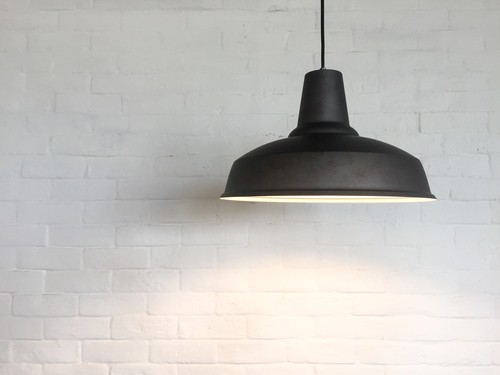
Installing Ceiling Lights and Chandeliers
Overhead lights and chandeliers brighten your home and can be a significant design element. These should be securely mounted and properly wired by your electrician.
Wiring Wall Sconces and Pendant Lights
Wall sconces and pendant lights provide additional illumination and can add aesthetic value to your home. As with all fixtures, ensure they’re properly installed and wired to avoid electrical hazards.
Adding Task Lighting for Specific Areas
Task lighting, such as under-cabinet lights in your kitchen or reading lights in your bedroom, can make your home more functional. Your electrician will help you plan and install these fixtures.
Wiring for Appliances and HVAC Systems
Installing Wiring for Kitchen Appliances
Your kitchen appliances, such as your refrigerator and oven, will require dedicated circuits to handle their power requirements. Your electrician will install the appropriate wiring for these appliances.
Wiring for Air Conditioning and Heating Systems
Your heating, ventilation, and air conditioning (HVAC) systems also require specific wiring. Your electrician will ensure these systems are correctly wired and grounded.
Connecting Wiring for Home Automation Systems
If you’re installing a home automation system, your electrician will need to run additional wiring. This will allow you to control your lights, HVAC system, and other features from a central control panel or your smartphone.
Grounding and Bonding
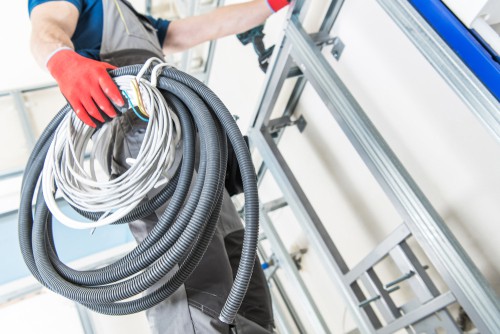
Understanding the Importance of Grounding
Grounding your electrical system is crucial for safety. It provides a path for electric current to return safely to the ground in the event of a fault, preventing electrical shocks.
Properly Grounding Electrical Panels and Outlets
Your electrician will ensure your electrical panels and outlets are properly grounded. They will also check that the grounding is working correctly, preventing potential electrical shocks.
Bonding Metal Components to Prevent Electric Shocks
Bonding, or connecting metal parts to the grounding system, helps ensure all metal components in your electrical system are at the same voltage, preventing electrical shocks.
Conducting Electrical Tests and Inspections
Performing Continuity and Resistance Tests
Once all wiring is installed, your electrician will perform various tests. These include continuity tests to check if current can flow through your electrical circuits and resistance tests to measure the resistance within your electrical wires.
Inspecting Wiring for Potential Issues
Your wiring will be inspected thoroughly to identify any potential issues. This includes checking for loose connections, ensuring outlets and switches are properly installed, and making sure all wiring is correctly secured and protected.
Resolving Deficiencies Before Finalizing Wiring
Any deficiencies found during inspection and testing should be resolved before finalizing your wiring. This ensures that your electrical system is safe, reliable, and compliant with Singapore’s electrical safety standards.
Finalizing Electrical Connections
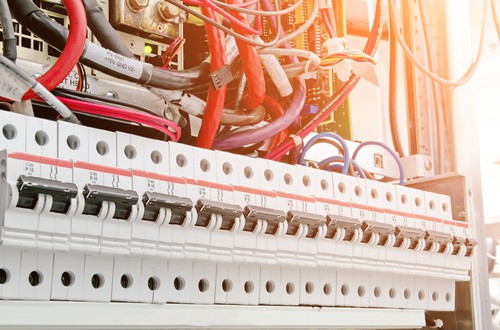
Connecting Wiring to Circuit Breakers and Fuses
Your electrician will connect your wiring to your circuit breakers or fuses, which protect your electrical system from overload by shutting off power when they detect a surge in current.
Labeling Electrical Panels and Circuits
Your electrical panels and circuits should be clearly labeled to indicate what area of your home they power. This makes future maintenance easier and lets you quickly shut off power to a specific area.
Conducting Final Checks for Safety and Compliance
A final safety and compliance check will be conducted once all electrical connections have been made. This ensures your electrical system is ready for use and meets all safety and regulatory requirements.
Electrical Inspection and Certification
Scheduling Inspection by Licensed Authorities
In Singapore, your electrical system must be inspected by licensed authorities before you can use it. Your electrician will help you schedule this inspection.
Addressing Inspector’s Recommendations, if Any
If the inspector makes any recommendations for improvements or changes, these should be addressed promptly. This will ensure that your electrical system is up to code and safe for use.
Obtaining Electrical Certification for New Home
Once your electrical system has passed inspection, you’ll receive an Electrical Installation Certificate. This certificate confirms that your electrical system has been safely installed and is ready for use.
How to Install Electrical Wiring for New Home Construction? – Conclusion
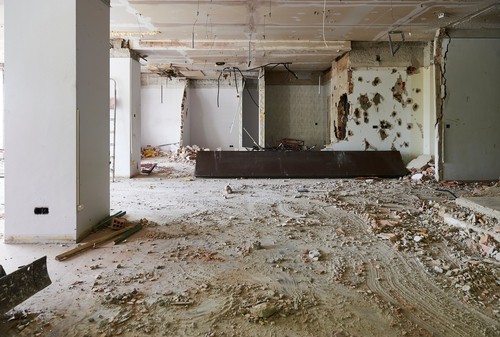
Proper electrical wiring installation in a new home is a detailed process that requires careful planning and execution.
From preparing for the wiring, designing the layout, running the wiring, and finalizing connections, each step must be performed accurately to ensure safety and reliability.
Professional electrical work is critical for your safety and the reliable operation of your home. Licensed electricians have the knowledge and experience necessary to ensure your electrical system is installed correctly and safely.
Proper electrical wiring is an important part of building a new home. A well-designed, correctly installed electrical system can provide you with years of safety and convenience.
Our team of licensed and experienced electricians is ready to help you install a safe and efficient electrical system in your new home.
Building or remodeling a home in Singapore and need professional electrical work? Don’t hesitate to contact us today!


